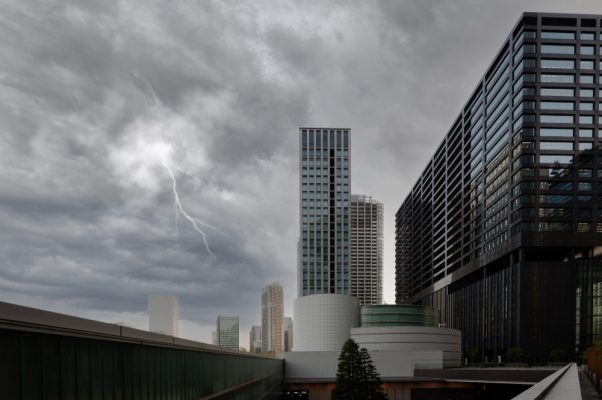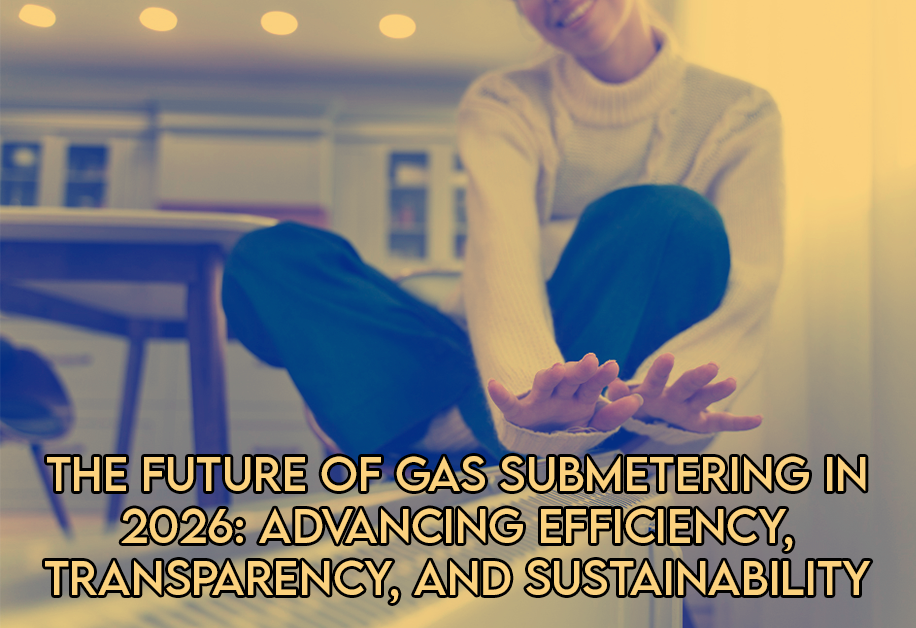
Best Practices for Property Managers: Spreading Love and Community Spirit on Valentine’s Day
December 4, 2024
Revolutionizing Utility Billing: The Role of AI in Enhancing Efficiency and Accuracy
December 5, 2024Does Your Community Have a Real Emergency Response/Hurricane Plan?
As a property manager, your responsibilities extend beyond day-to-day operations. When disaster strikes, the resilience of your community depends on how well-prepared you are for emergencies. Hurricanes, in particular, can wreak havoc on communities, leaving behind destruction, confusion, and prolonged recovery periods. So, the question is: does your community have a comprehensive emergency response plan in place?
Why an Emergency Response Plan Matters
Hurricanes can cause extensive damage to property, disrupt essential services, and threaten the safety of residents. A well-prepared plan can:
- Minimize property damage through proactive measures.
- Ensure resident safety with clear evacuation and sheltering protocols.
- Speed up recovery efforts by establishing roles, responsibilities, and resources beforehand.
- Build trust among residents, showing them their safety is a priority.


Key Elements of a Hurricane Emergency Plan
- Risk Assessment and Preparedness
- Identify areas in your community prone to flooding, wind damage, or storm surge.
- Conduct routine inspections to ensure that roofs, gutters, windows, and drainage systems are hurricane-ready.
- Partner with local emergency services to stay updated on potential threats.
- Communication Plan
Effective communication is critical during a hurricane. Property managers should:- Create a contact list for all residents, staff, and emergency services.
- Use multiple channels (email, text, social media, or community apps) to disseminate information quickly.
- Provide updates on evacuation orders, shelter locations, and storm progress.
- Resident Education
- Host workshops or share materials on hurricane preparedness.
- Encourage residents to assemble emergency kits with essentials like food, water, batteries, and medications.
- Provide guidance on securing personal property, such as vehicles and outdoor furniture.
- Evacuation and Shelter Planning
- Designate safe evacuation routes and coordinate transportation for residents without vehicles.
- Partner with nearby shelters or set up temporary ones within your community if feasible.
- Establish protocols to assist elderly or disabled residents.
- Post-Storm Recovery
- Conduct property inspections to assess damage and prioritize repairs.
- Work with insurance providers to expedite claims processing.
- Keep residents informed about timelines for restoring utilities and access to their homes.
Tools and Technology for Emergency Management
Modern technology can make hurricane preparedness more efficient. Consider implementing:
- Emergency notification systems to send real-time alerts to residents.
- Smart building sensors that detect leaks, flooding, or power outages.
- Drones for quick damage assessments post-storm.
Partnering with Experts
As a property manager, you don't have to navigate this alone. Collaborating with emergency management consultants, contractors, and local authorities can ensure your plan is both comprehensive and practical.
Building Resilient Communities
Hurricanes are inevitable, but their impact doesn’t have to be catastrophic. With a robust emergency response plan, property managers can protect lives, safeguard property, and foster a sense of security within their communities.
Does your community have a plan? If not, now is the time to start. Preparation today could make all the difference tomorrow.





